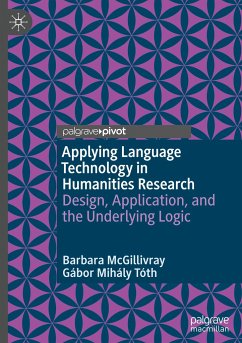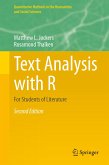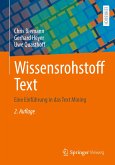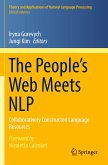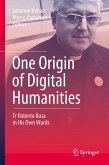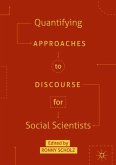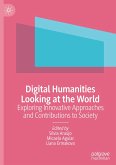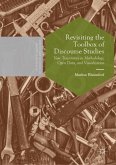This book presents established and state-of-the-art methods in Language Technology (including text mining, corpus linguistics, computational linguistics, and natural language processing), and demonstrates how they can be applied by humanities scholars working with textual data. The landscape of humanities research has recently changed thanks to the proliferation of big data and large textual collections such as Google Books, Early English Books Online, and Project Gutenberg. These resources have yet to be fully explored by new generations of scholars, and the authors argue that Language Technology has a key role to play in the exploration of large-scale textual data. The authors use a series of illustrative examples from various humanistic disciplines (mainly but not exclusively from History, Classics, and Literary Studies) to demonstrate basic and more complex use-case scenarios. This book will be useful to graduate students and researchers in humanistic disciplines working with textual data, including History, Modern Languages, Literary studies, Classics, and Linguistics. This is also a very useful book for anyone teaching or learning Digital Humanities and interested in the basic concepts from computational linguistics, corpus linguistics, and natural language processing.
Bitte wählen Sie Ihr Anliegen aus.
Rechnungen
Retourenschein anfordern
Bestellstatus
Storno

